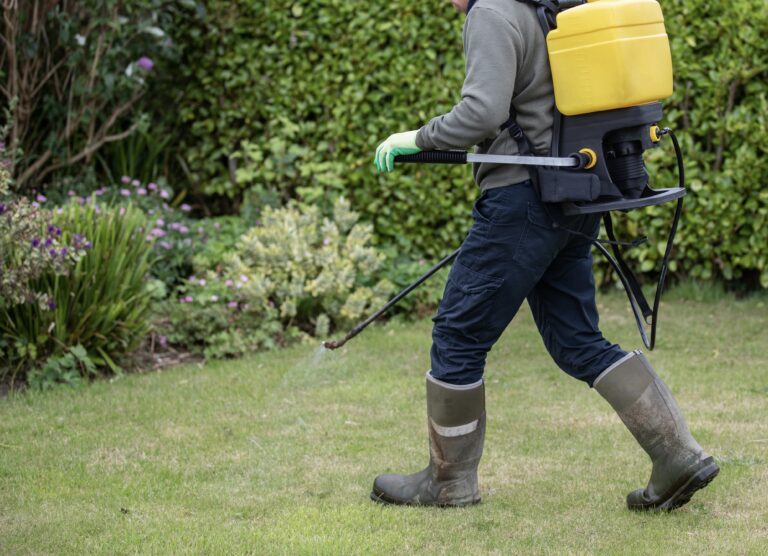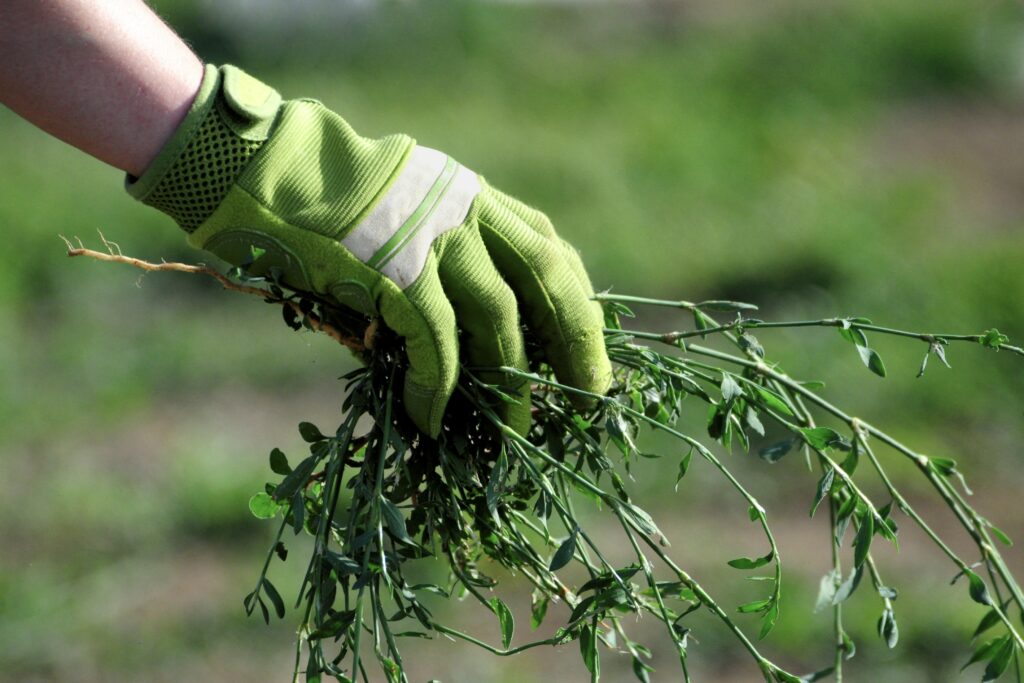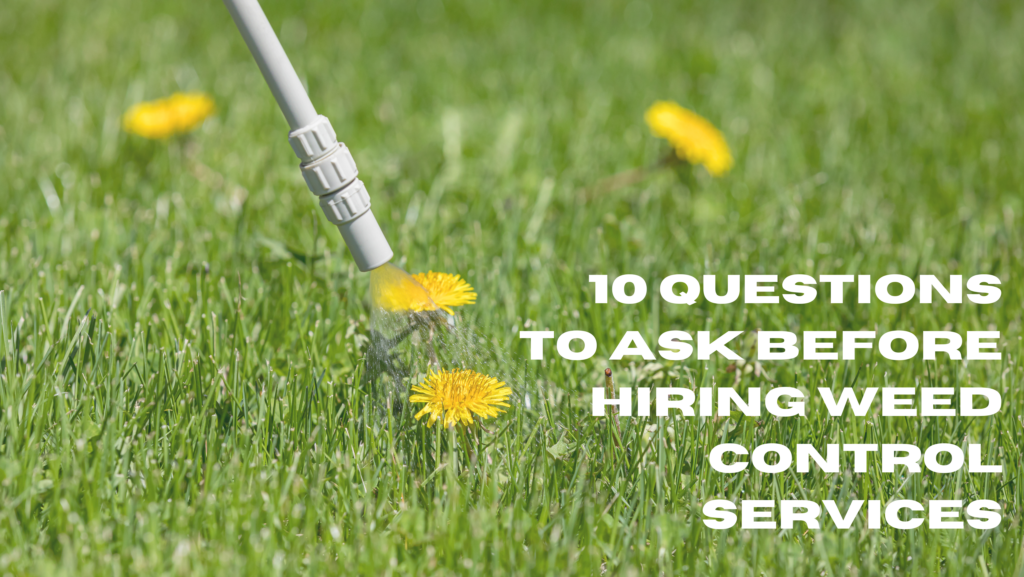Table of Contents
1) What types of weeds does your service target?
Inquiring about their weed identification process ensures that they can accurately diagnose the weed species present on your property, which is crucial for determining the most appropriate treatment methods. Different weeds may require different approaches for effective control, so a thorough understanding of the specific weed species is essential.

2) Are you insured and licensed to perform weed control services in my area?
Ensuring that the company is properly licensed and insured not only verifies their legitimacy but also provides protection for you as a homeowner. Requesting proof of insurance and licensing helps confirm their compliance with local regulations and ensures coverage in case of any accidents or damages during the weed control process.
3) What methods do you use for weed control?
Asking about the methods used for weed control is important for multiple reasons:
- Environmental Concerns: Different weed control methods have varying impacts on the environment. By asking about the methods used, you can ensure that the company employs environmentally friendly practices or methods that align with your sustainability values.
- Health & Safety: Some weed control methods involve the use of chemicals that may pose risks to human health and safety, as well as to pets and wildlife. Knowing the methods used allows you to assess any potential risks and take necessary precautions to protect yourself, your family, and your surroundings.
- Effectiveness: Different weeds may respond better to specific control methods. By understanding the techniques employed by the service provider, you can assess whether they have the expertise and resources to effectively address the weed issues you’re facing on your property.
- Long-Term Impact: Certain weed control methods may provide short-term solutions but have long-term consequences, such as soil degradation or the development of herbicide-resistant weeds. Asking about the methods used allows you to evaluate their potential long-term impact on your property and surrounding ecosystem.
Personal Preferences: Some individuals may have personal preferences regarding the use of chemical-based versus organic weed control methods. By inquiring about the methods used, you can ensure that the service provider’s approach aligns with your preferences and values.
4) Can you provide references or examples of past work?
References or examples of past work provide insights into the company’s reliability, professionalism, and reputation. Positive references indicate that the company has a track record of delivering satisfactory results and maintaining good relationships with clients. Examining past work allows you to assess the quality of the company’s weed control services. By viewing examples of their work or speaking with previous clients, you can gauge the effectiveness of their treatments and the overall outcomes achieved. Knowing that they have a history of satisfied clients can provide peace of mind that you’re choosing a reliable and competent provider.
5) How long have you been in business, and what experience do you have in weed control?
Experience often correlates with expertise. A company that has been in the weed control business for a significant period is likely to have encountered various weed species and dealt with a wide range of weed control challenges. Their accumulated knowledge and skill can translate into more effective and efficient weed management solutions for your property. Longevity in the industry often indicates reliability and a proven track record of successful weed control services. By asking about their experience, you can gain insights into the company’s history of satisfied clients, successful projects, and overall reputation within the community. Asking about a weed control company’s experience and tenure in the business allows you to gauge their expertise, understanding of local conditions, track record, adaptability, and overall credibility, helping you make a more informed decision when selecting a service provider. It is also beneficial to know if they offer other services or can install landscape fabric to enhance the overall aesthetic of your yard.

6) What is the estimated timeline for achieving weed control results?
Understanding the timeline allows you to set realistic expectations regarding when you can expect to see significant improvement in your weed problem. This prevents misunderstanding and frustrations if results take longer than anticipated. Knowing the estimated timeline helps you plan accordingly, especially if you have specific events or activities scheduled on your property. For example, if you’re hosting an outdoor event, you’ll want to ensure that the weed control treatments are completed well in advance to enhance the aesthetics of your property. Discussing the estimated timeline encourages ongoing communication between you and the service provider. Asking about the timeline enables you to manage expectations, plan accordingly, assess the service provider’s efficiency, compare options, and facilitate ongoing communication throughout the weed control process.
7) How often will treatments be required, and what is the ongoing maintenance plan?
Asking about the frequency of treatments and the ongoing maintenance plan is crucial for ensuring the long-term effectiveness of weed control efforts. Understanding how often treatments will be required allows you to plan and budget accordingly while managing expectations for the duration of the weed control process. Knowing the maintenance plan enables you to maintain a proactive approach to weed management, preventing future weed infestations and preserving the health and aesthetics of your property. By discussing these aspects with the weed control service provider, you can establish a clear plan of action that aligns with your needs and ensures consistent and effective weed control over time.

8) How do you handle unexpected issues or concerns that may arise during the course of treatment?
Learning about how the weed control service provider handles unexpected issues or concerns that may arise during the course of treatment is essential for ensuring a smooth and successful weed control process. By understanding their approach to addressing unexpected challenges, you can gauge their responsiveness, professionalism, and commitment to customer satisfaction. A clear plan for handling unforeseen circumstances demonstrates that the company is prepared to adapt and problem-solve as needed, providing you with peace of mind that any issues will be addressed promptly. This proactive communication also fosters transparency and trust between you and the service provider, enabling effective collaboration, and ensuring that your weed control needs are met!
9) What is the cost of your services, and are there any additional fees or charges?
Understanding the cost of services and any additional fees or charges is essential for budgeting purposes and ensuring transparency in the weed control service agreement. Understanding the total cost upfront allows you to assess whether the services fit within your budget and avoid any unexpected financial surprises later on. Inquiring about additional fees or charges helps prevent misunderstandings and ensures that you have a clear understanding of all potential costs associated with the service. By discussing pricing details with the weed control service provider, you can make an informed decision based on your financial considerations while ensuring that you receive comprehensive and cost-effective weed control solutions tailored to your needs. Read more about pricing in our recent blog How Much Does a Gardener Cost in 2024.

10) Can you provide a written contract outlining the scope of work, costs, and terms of service?
Asking for a written contract outlining the scope of work, costs, and terms of service is essential for clarifying expectations, protecting both parties’ interests, and ensuring accountability throughout the weed control process. A written contract provides a clear and legally binding agreement that outlines the specific services to be provided, the associated costs, payment terms, and any relevant terms and conditions. Having these details documented helps prevent misunderstandings or disputes regarding the scope of work or pricing, as both parties have a reference point to refer back to. A written contract establishes accountability and provides recourse in the event that either party fails to fulfill their obligations. By requesting a written contract, you can ensure transparency, uphold mutual trust, and safeguard your interests as a client when engaging with a weed control service provider.
Asking questions before hiring weed control services empowers you as a consumer to make informed decisions, protect your interests, and ensure a positive outcome for your weed control needs. His Workmanship is here to assist you not only with your weed issues but also to ensure clarity regarding your next steps! Contact us today to learn more on what we can do to help you.



